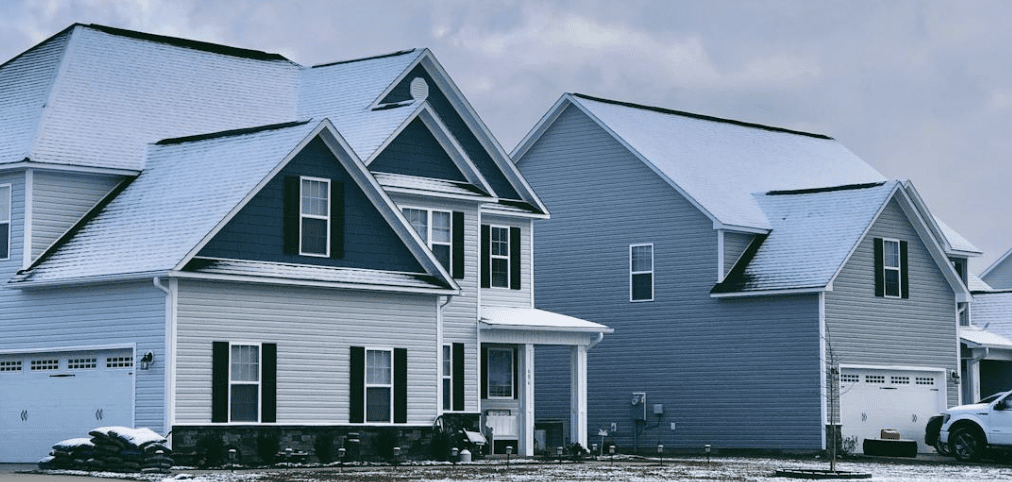What You Need to Know Before Buying a Second Home
What You Need to Know Before Buying a Second Home
Blog Article
What You Need to Know Before Buying a Second Home
Investing in a second house has become a common economic and lifestyle choice for many. Whether you're contemplating a secondary retreat or perhaps a can you own a house and rent another, getting another home comes with its possess group of difficulties and considerations. Below, we break up important facets to weigh before making this substantial investment.

1. Understand the Economic Responsibility
Running a next house suggests increasing through to expenses such as for example mortgage obligations, home fees, preservation, and insurance. Based on the National Association of Realtors, 72% of second-home buyers financing their obtain with a mortgage. This implies you'll need to budget for a second set of constant costs. Furthermore, lenders usually involve bigger down payments (commonly 20-30%) and demand higher interest prices for next mortgages to mitigate risk.
It's also wise to aspect in hidden fees like preservation and repairs, that may average 1-4% of the property's price annually, with regards to the place and era of the home. If your next house is located in a high-demand vacation place, opting for home management companies can further increase fees but additionally simplify letting out your property.
2. Think about the Spot Logically
The positioning of your second home may significantly impact its long-term price and utility. Key factors to consider contain regional property market tendencies and home appreciation rates. Zillow Study shows that houses in coastal places often enjoy by on average 4.1% annually, larger compared to national growth of 3.8%. However, periodic shifts, area to amenities, and supply will even play essential roles in your decision.
If you're purchasing the home as a holiday house, evaluate how often you'll really visit, especially if journey can become annoying or costly. Meanwhile, if you're buying a hire home, research vacancy rates and rental demand in the area. For example, Airbnb data shows that qualities in metropolitan locations have decrease vacancy costs than rural holiday rentals.
3. Tax Implications Can't Be Dismissed
Buying a second house presents more technical tax scenarios. A second property classified as your own house suggests you can still take mortgage curiosity and house fees within IRS-defined limits. But, letting it out for more than 14 times per year changes it in to an expense home, requiring you to pay for fees on hire income while allowing operational charge write-offs. Consulting a tax advisor to make sure optimal filing is a must when you shut the deal.
4. Arrange for the Long-Term

While investing in a 2nd house offers you possibilities for hire income and personal pleasure, consider its broader function in aligning with your economic goals. Analyze whether it is a sustainable decision over time. Is it a pension escape? An income-generating house? Or equally? Having understanding on these objectives can allow you to make informed decisions regarding their consumption and profitability.
By carefully evaluating your financial place, market developments, and long-term needs, you are able to mitigate dangers and maximize the advantages of having a second home. Take the time to research, consult experts, and assure you create a really sound investment. Report this page